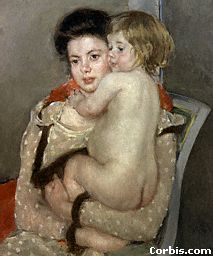 |
| POETRY |
| Poetry is the song of the soul. It is the music of our inner emotions. I am a poet. I am newly published poet ( I just had one of my poems published in a poetry compilation book ). For me, I know of no other way to express myself in such creative and emotional character , than to write or read poetry. Poetry and poets have been around since the dawn of man. There are many great literaturian poets that have been the center of history, but, I think that each of us has this built in natural aspect to us. Music is poetry, language is poetry. A BRIEF LOOK INTO THE HISTORY OF ENGLISH POETRY The first poetry to have been written in the English tongue was that of the Anglo-Saxon period. Due to the lack of a printing press until the 15th century and the fact that this was largely a pre-literate society, it was necessary for poets to employ complex systems of rhyme, familiar repeated phrases and alliteration to make their verse memorable as well as beautiful. Poems transmitted ideas. Surviving examples include histories celebrating bravery even in defeat by marauding Vikings ("The Battle of Maldon"1), religious writings (versions of Genesis and Exodus among other Biblical stories; and ‘dream-vision’ poems such as "The Dream of the Rood") and a fair number of lewd riddles. For a culture we know relatively little about and from which survives only a small and random selection of texts (a mere 30,000 lines of poetry, in fact), Anglo-Saxon poetry offers an extremely rich and wide range of literature. Poems such as "The Wanderer", "The Seafarer", and "The Wife’s Lament" articulate profound sadness and alienation felt in a culture with little religious certainty (torn as it was between pagan and Christian beliefs) and the destabilizing effect of unpredictable and vicious Scandinavian invasions. In the six centuries before the Norman Conquest of 1066, a versatile oral poetic tradition had developed. What survives of this was finally written down towards the end of the period. The purpose of this poetry was clearly to educate and confirm new religious thinking. Christianity existed in tandem with the old beliefs for a century or more – old beliefs die hard. The most famous Old English poem, Beowulf (probably written in the later 8th century), acknowledges and mourns the passing of the pre-Christian heroic age – of monsters such as Grendel and the dragon – but with the wisdom of maturity and understanding of transience. The hero’s weapons and treasures symbolic of the dying pagan time are buried at the end "as useless to men as at that former time". On this site , you shall find my own personal poetry. My poetry is always written from my own emotional experiences. The story lines may not be from personal experience , as I love to be creative when writing my poetry. Feel free to browse through the different poems that I have included in this site |
| BACK HOME My John Page POETRY PAGES |